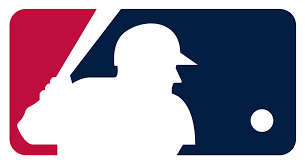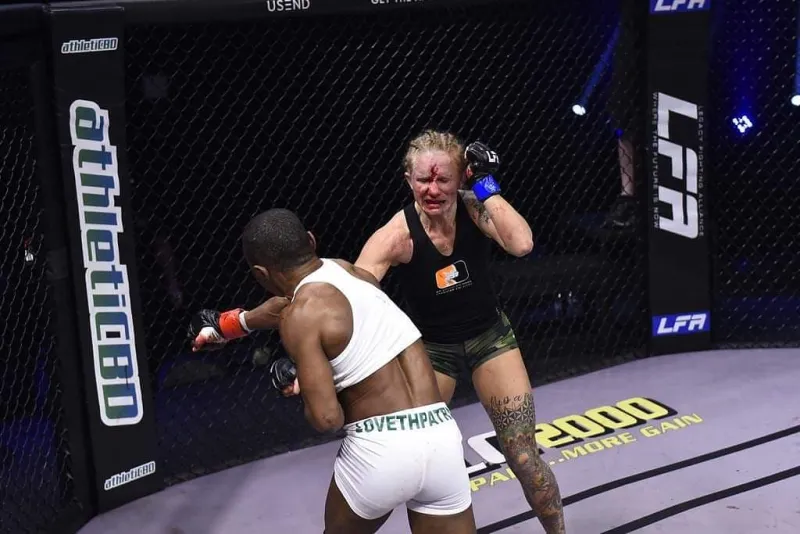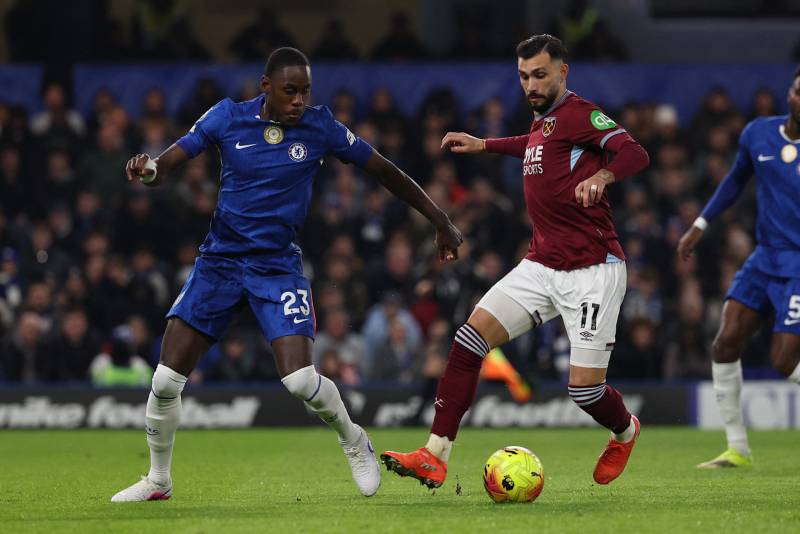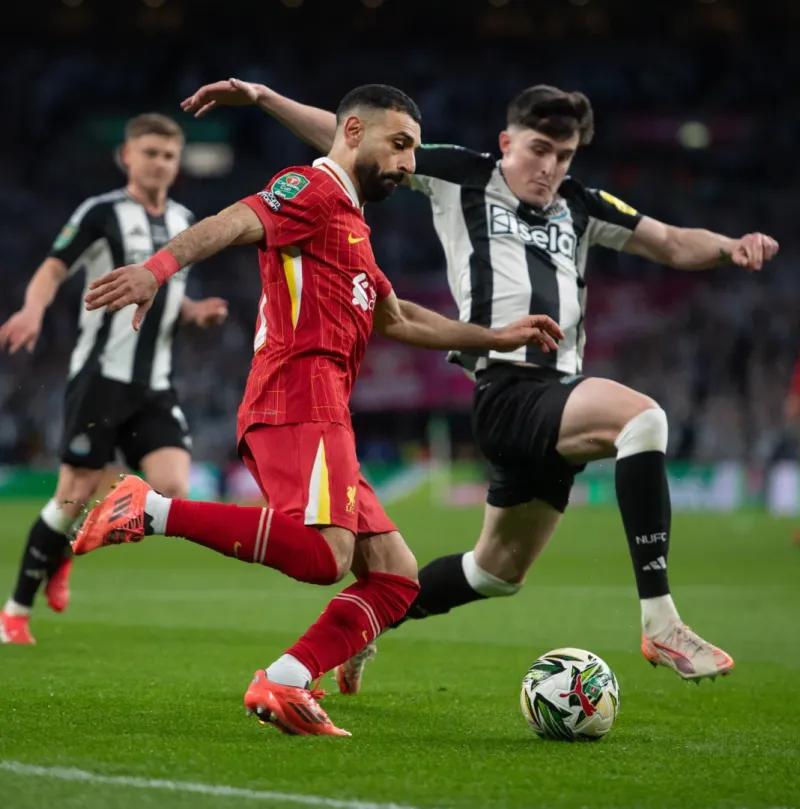For the first time in 26 years, Major League Baseball players have been locked out by owners after the two sides failed to reach a new collective bargaining agreement. The old CBA expired at 11:59 p.m. ET Wednesday.
The last work stoppage in the sport came in 1994-1995. That impasse saw the 1994 World Series canceled and a shortened 1995 season. This is the ninth work stoppage in league history and the fourth lockout, according to the New York Times.
Sticking points in the negotiations reportedly include revenue sharing, luxury tax thresholds for clubs and free agency. While the two sides can continue talking during the lockout, teams cannot woo players or sign them to new contracts.
The MLB Players Association tweeted a statement calling the lockout a voluntary, “dramatic measure” taken by owners to “pressure Players into relinquishing rights and benefits.” It went on to point out that the lockout is not required by law.
MLB Commissioner Rob Manfred posted his own letter shortly thereafter, which maintained that owners “have been forced to commence a lockout of Major League players…because the Players Association’s vision for Major League Baseball would threaten the ability of most teams to be competitive.”
To our Fans:
I first want to thank you for your continued support of the great game of baseball. This past season, we were reminded of how the national pastime can bring us together and restore our hope despite the difficult challenges of a global pandemic. As we began to emerge from one of the darkest periods in our history, our ballparks were filled with fans; the games were filled with excitement; and millions of families felt the joy of watching baseball together.
That is why I am so disappointed about the situation in which our game finds itself today. Despite the league’s best efforts to make a deal with the Players Association, we were unable to extend our 26 year-long history of labor peace and come to an agreement with the MLBPA before the current CBA expired. Therefore, we have been forced to commence a lockout of Major League players, effective at 12:01am ET on December 2.
I want to explain to you how we got here and why we have to take this action today. Simply put, we believe that an offseason lockout is the best mechanism to protect the 2022 season. We hope that the lockout will jumpstart the negotiations and get us to an agreement that will allow the season to start on time. This defensive lockout was necessary because the Players Association’s vision for Major League Baseball would threaten the ability of most teams to be competitive. It’s simply not a viable option. From the beginning, the MLBPA has been unwilling to move from their starting position, compromise, or collaborate on solutions.
When we began negotiations over a new agreement, the Players Association already had a contract that they wouldn’t trade for any other in sports. Baseball’s players have no salary cap and are not subjected to a maximum length or dollar amount on contracts. In fact, only MLB has guaranteed contracts that run 10 or more years, and in excess of $300 million. We have not proposed anything that would change these fundamentals. While we have heard repeatedly that free agency is “broken” – in the month of November $1.7 billion was committed to free agents, smashing the prior record by nearly 4x. By the end of the offseason, Clubs will have committed more money to players than in any offseason in MLB history.
We worked hard to find compromise while making the system even better for players, by addressing concerns raised by the Players Association. We offered to establish a minimum payroll for all clubs to meet for the first time in baseball history; to allow the majority of players to reach free agency earlier through an age-based system that would eliminate any claims of service time manipulation; and to increase compensation for all young players, including increases in the minimum salary. When negotiations lacked momentum, we tried to create some by offering to accept the universal Designated Hitter, to create a new draft system using a lottery similar to other leagues, and to increase the Competitive Balance Tax threshold that affects only a small number of teams.
We have had challenges before with respect to making labor agreements and have overcome those challenges every single time during my tenure. Regrettably, it appears the Players Association came to the bargaining table with a strategy of confrontation over compromise. They never wavered from collectively the most extreme set of proposals in their history, including significant cuts to the revenue-sharing system, a weakening of the competitive balance tax, and shortening the period of time that players play for their teams. All of these changes would make our game less competitive, not more.
To be clear: this hard but important step does not necessarily mean games will be cancelled. In fact, we are taking this step now because it accelerates the urgency for an agreement with as much runway as possible to avoid doing damage to the 2022 season. Delaying this process further would only put Spring Training, Opening Day, and the rest of the season further at risk – and we cannot allow an expired agreement to again cause an in-season strike and a missed World Series, like we experienced in 1994. We all owe you, our fans, better than that.
Today is a difficult day for baseball, but as I have said all year, there is a path to a fair agreement, and we will find it. I do not doubt the League and the Players share a fundamental appreciation for this game and a commitment to its fans. I remain optimistic that both sides will seize the opportunity to work together to grow, protect, and strengthen the game we love. MLB is ready to work around the clock to meet that goal. I urge the Players Association to join us at the table.
SOURCE : Daedline




